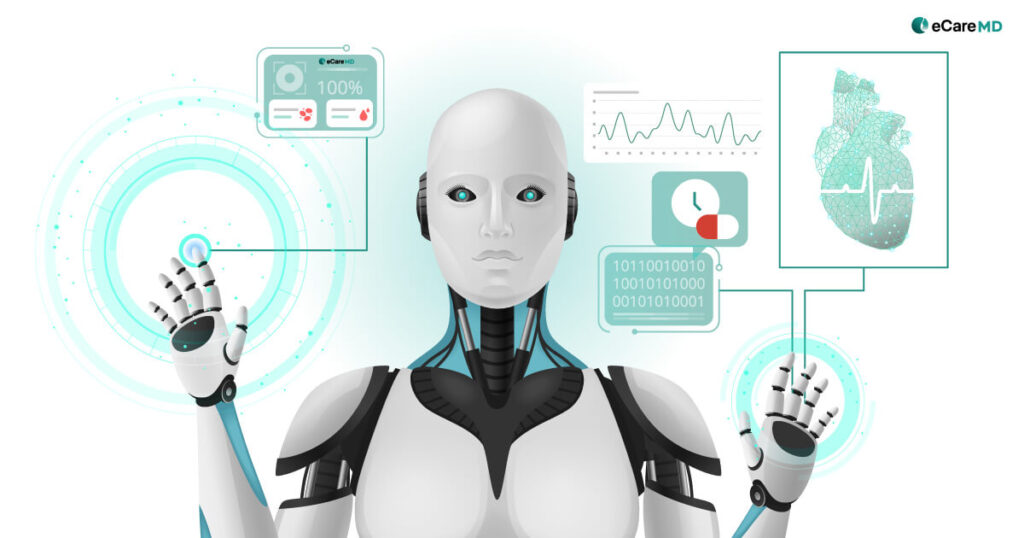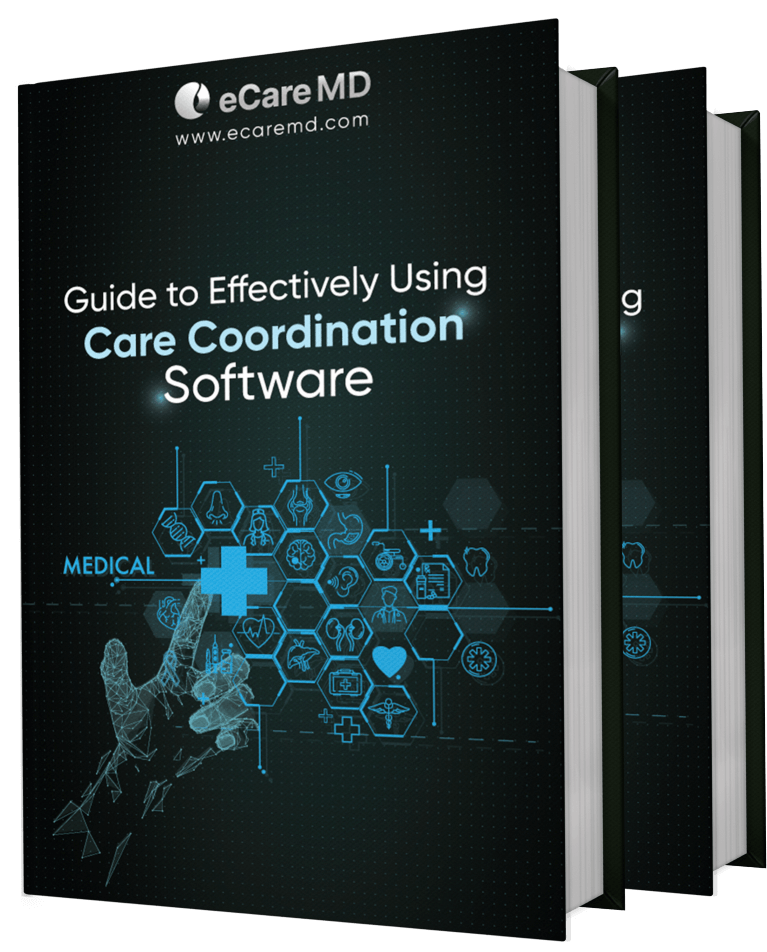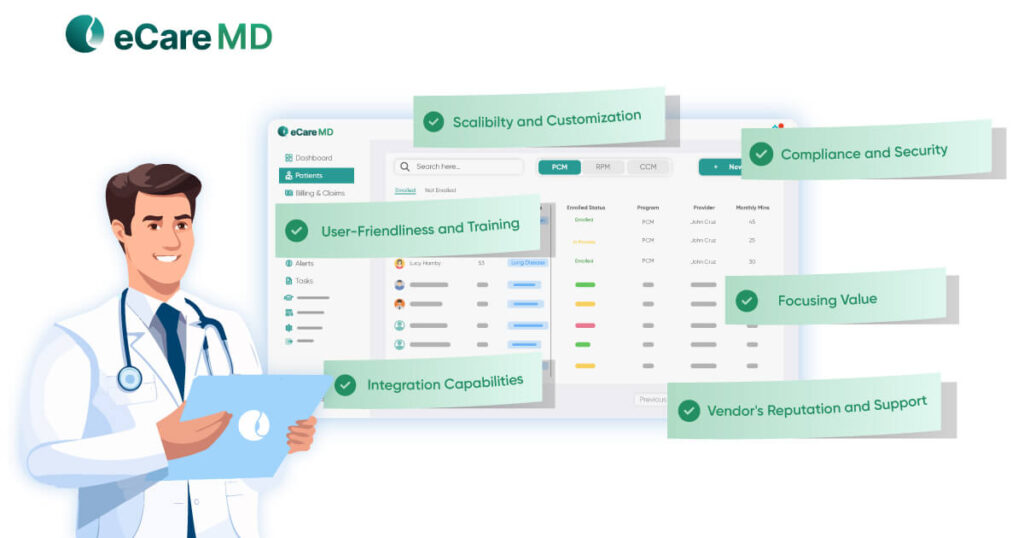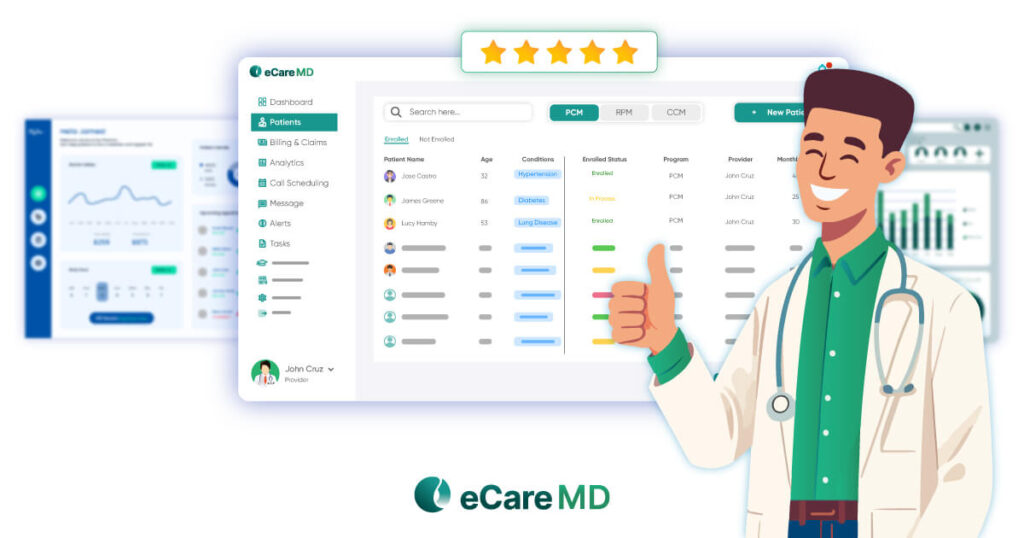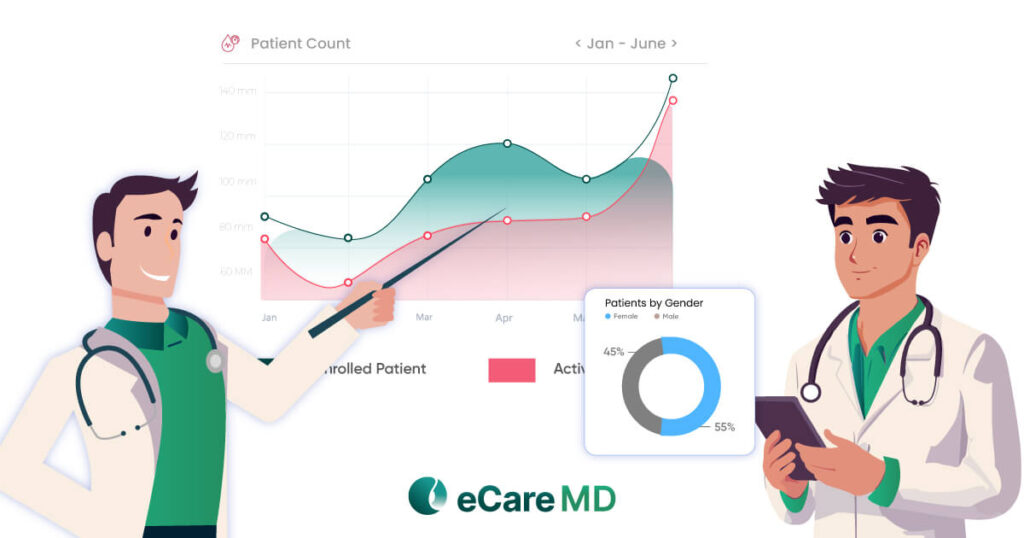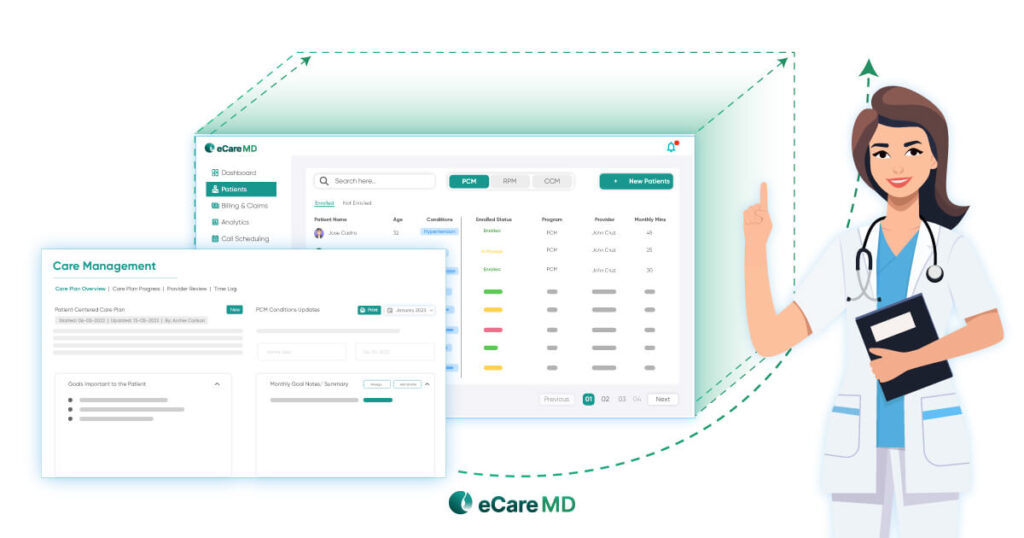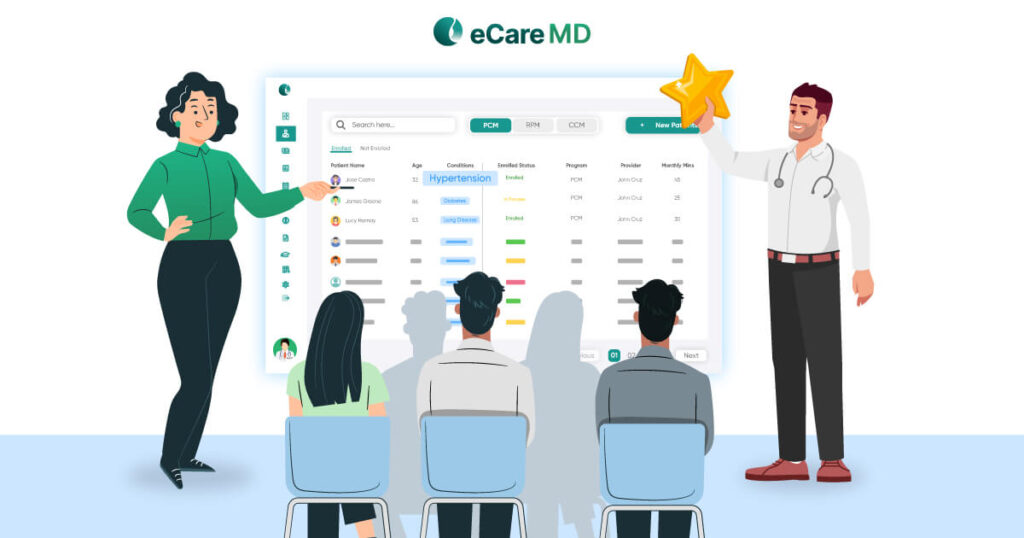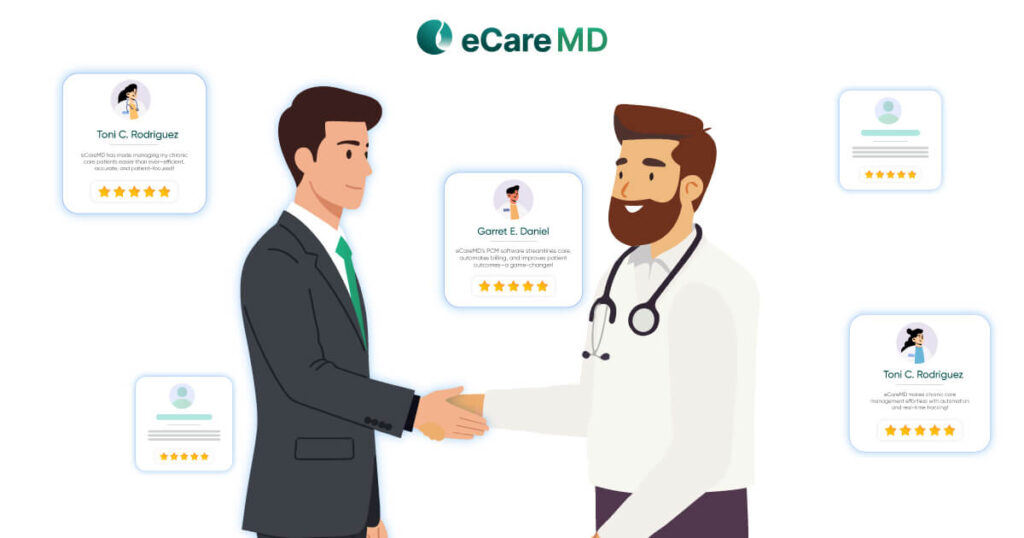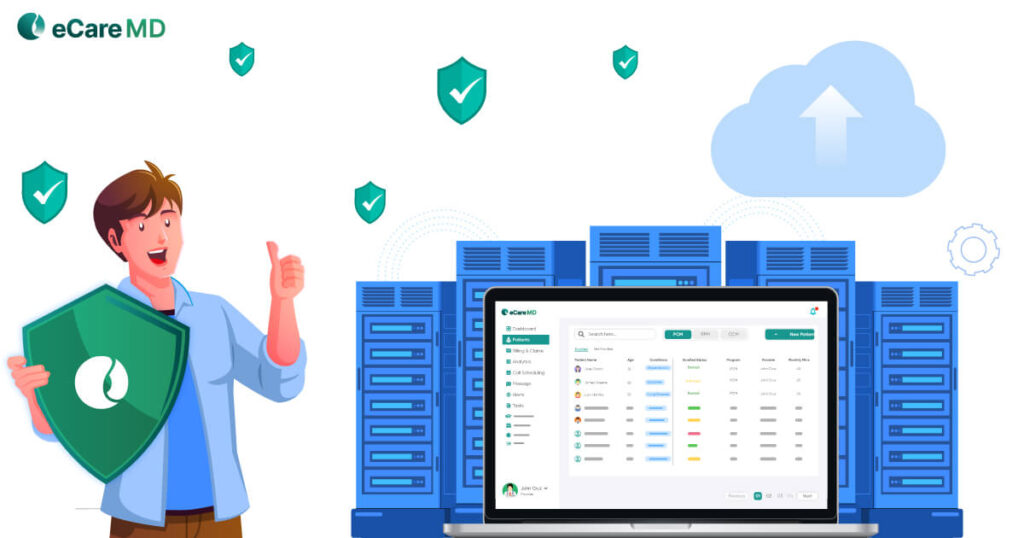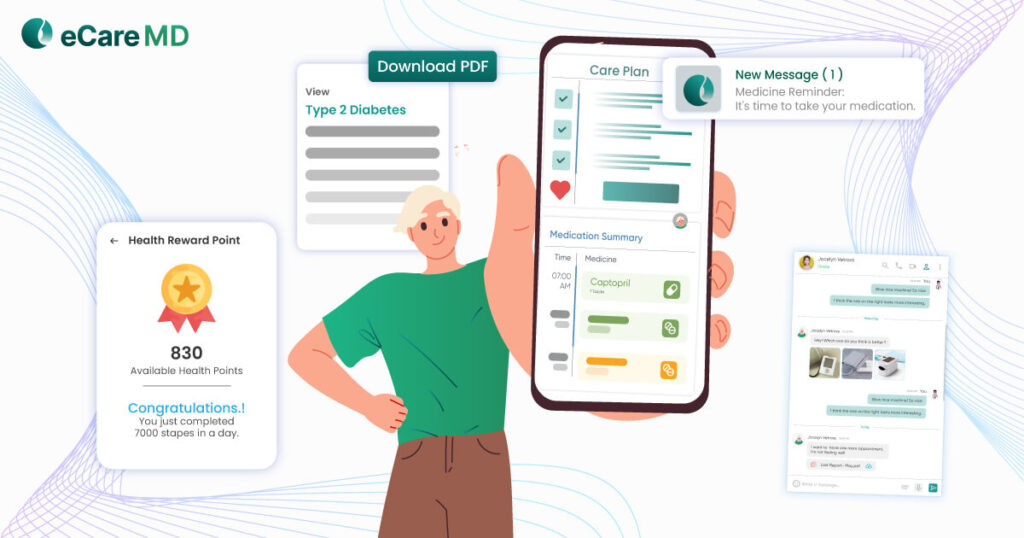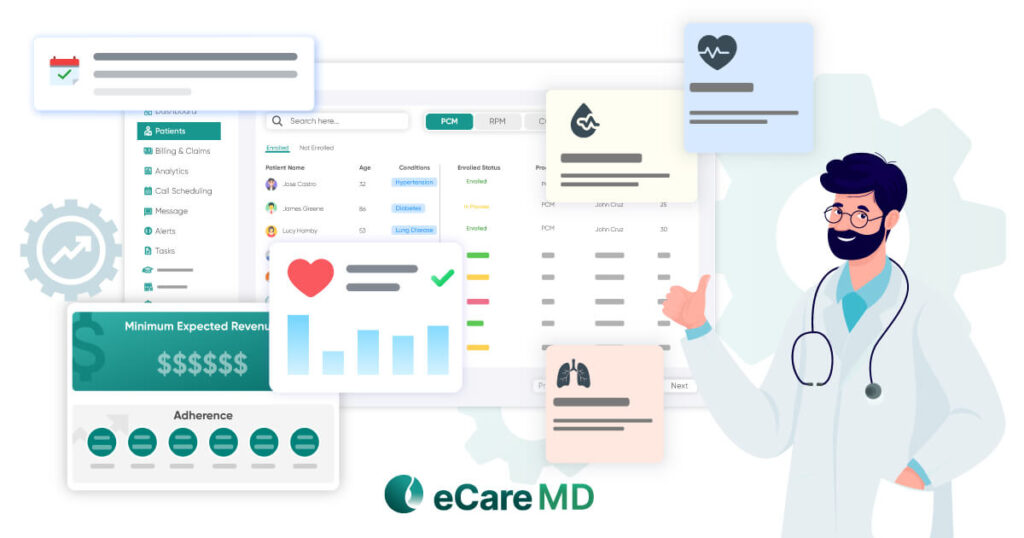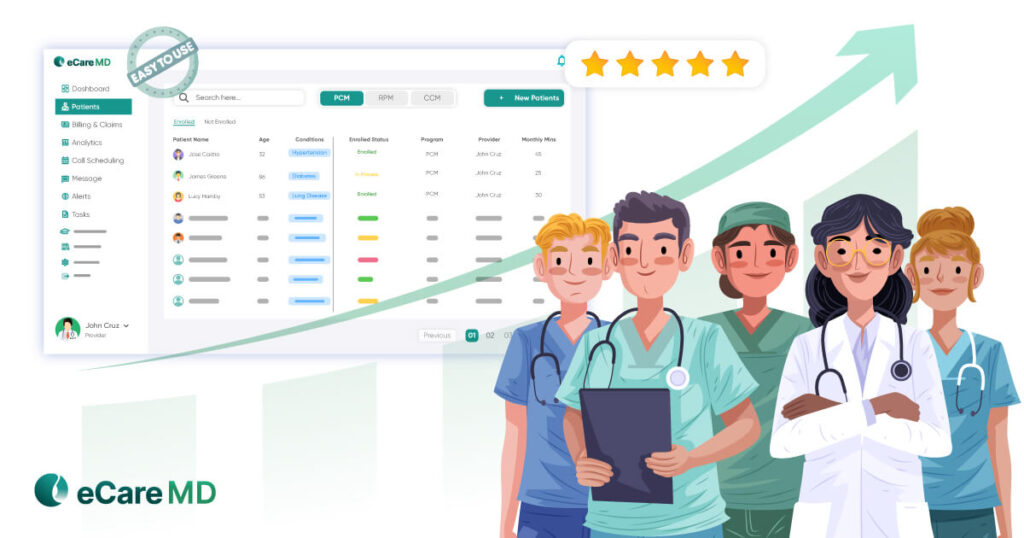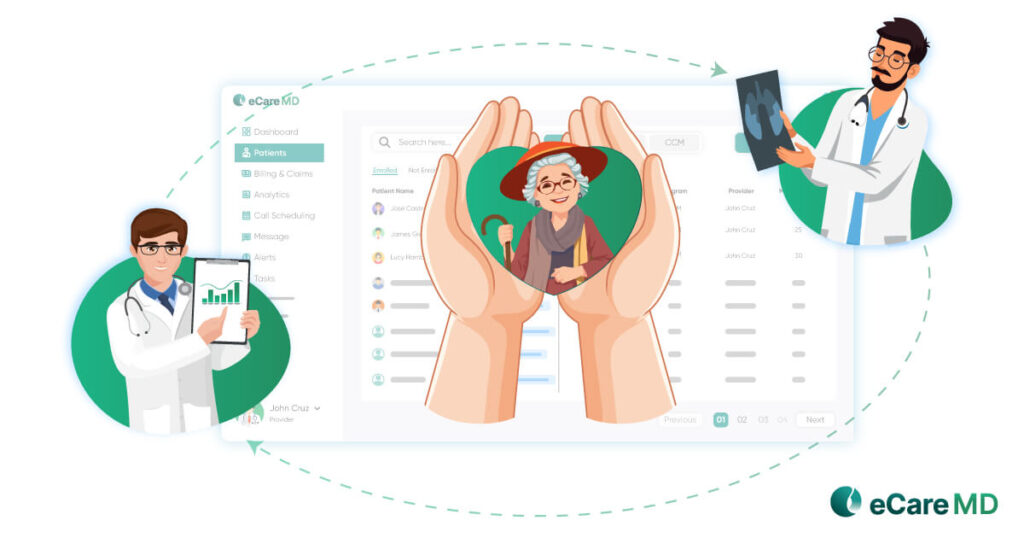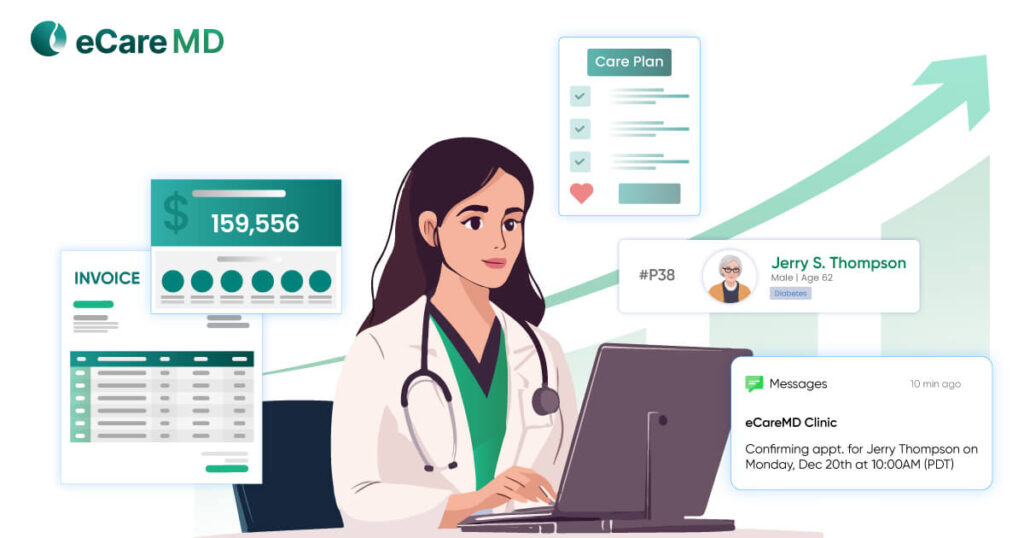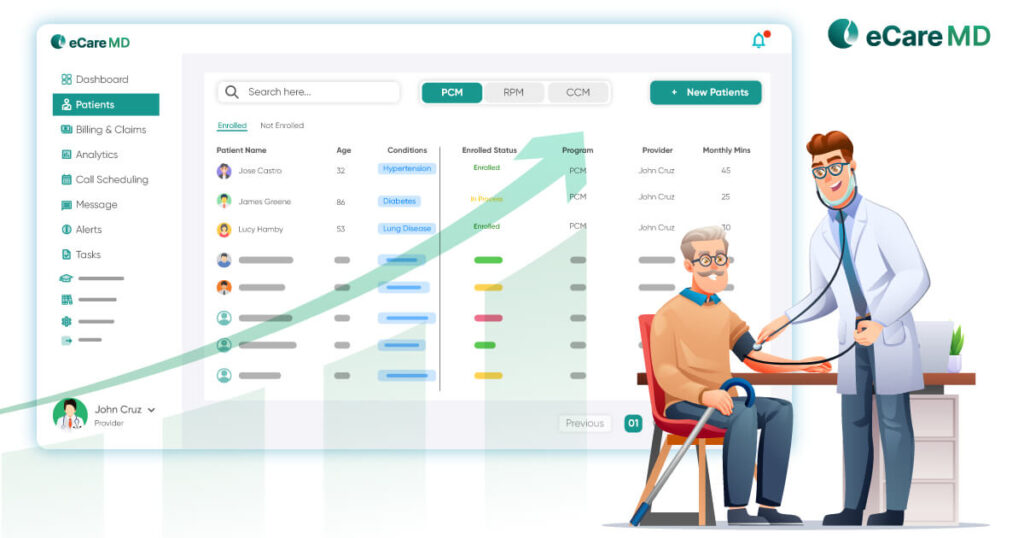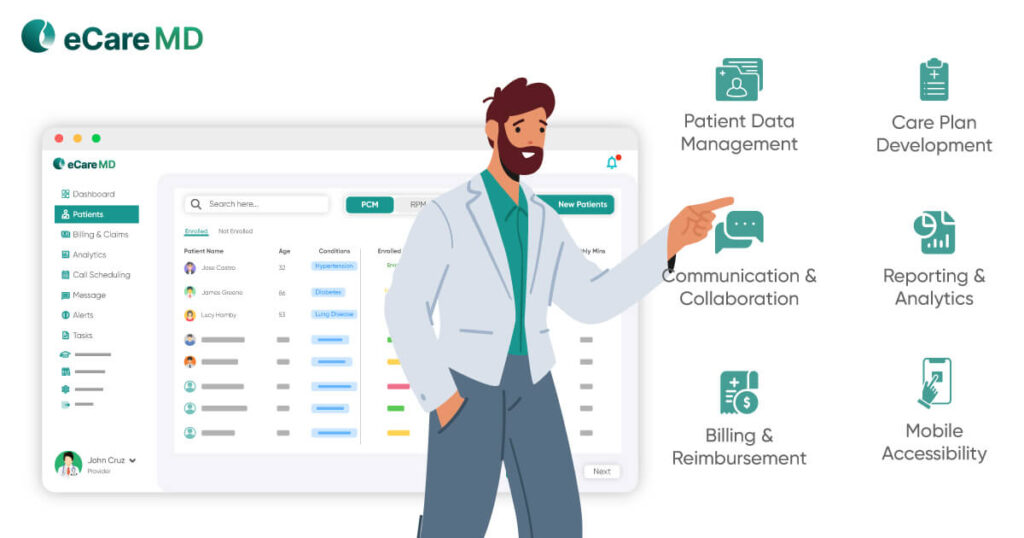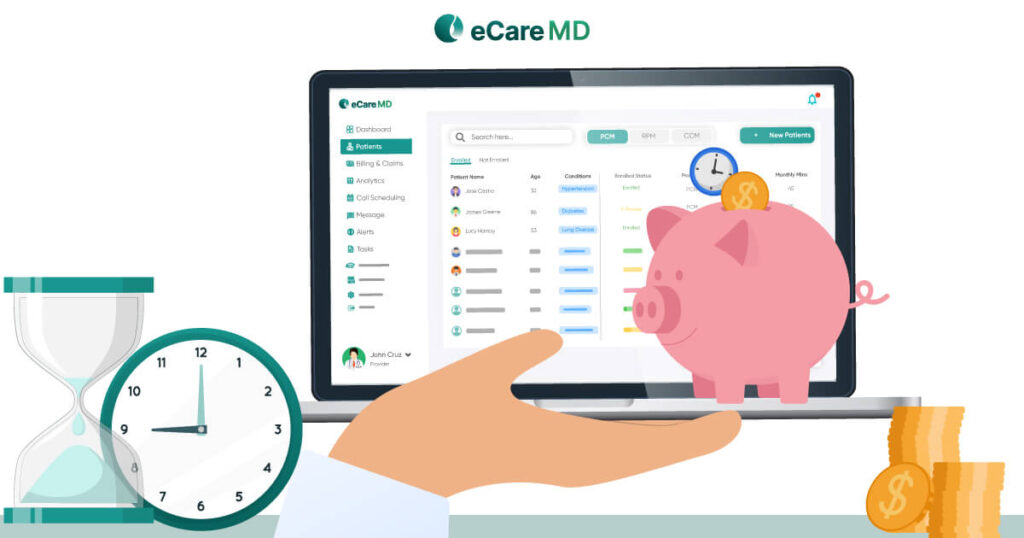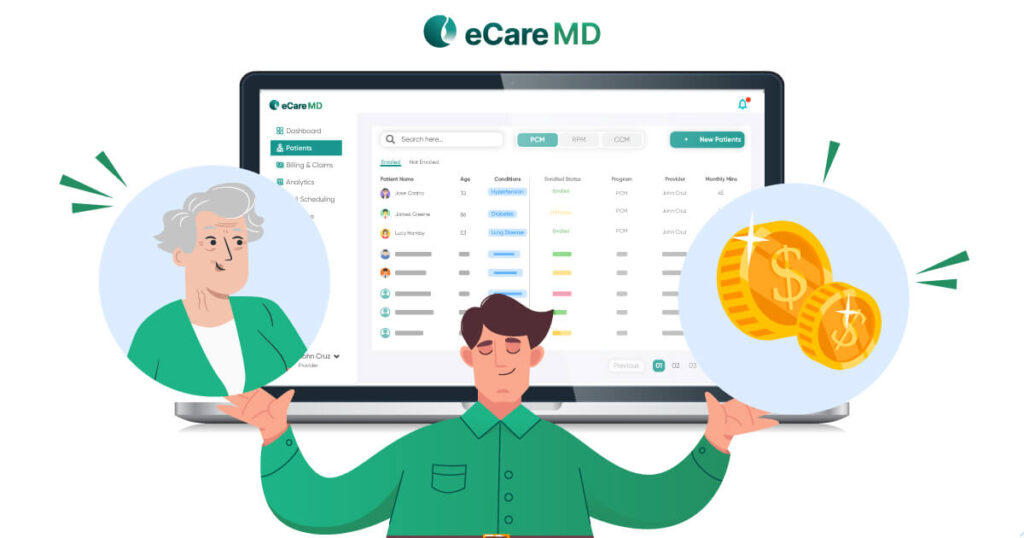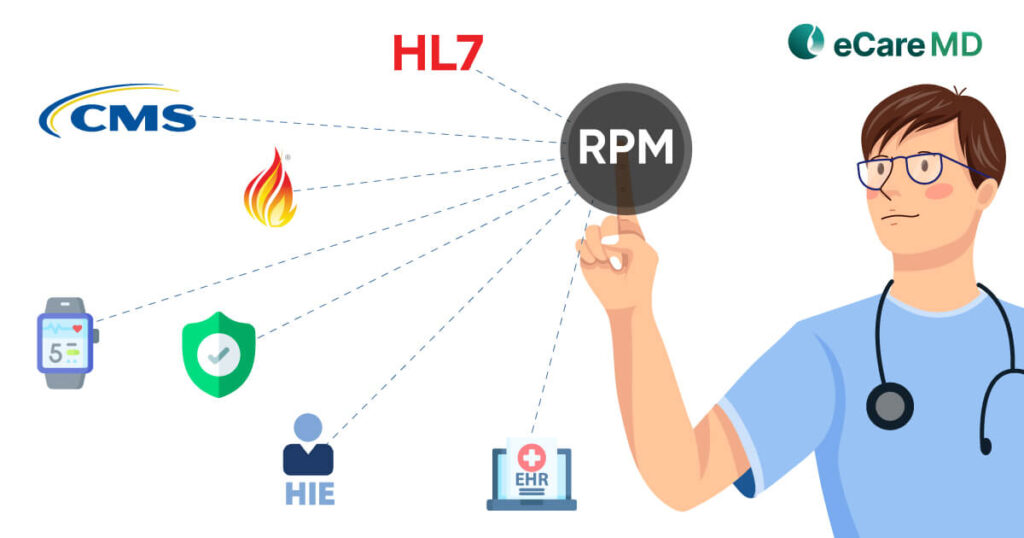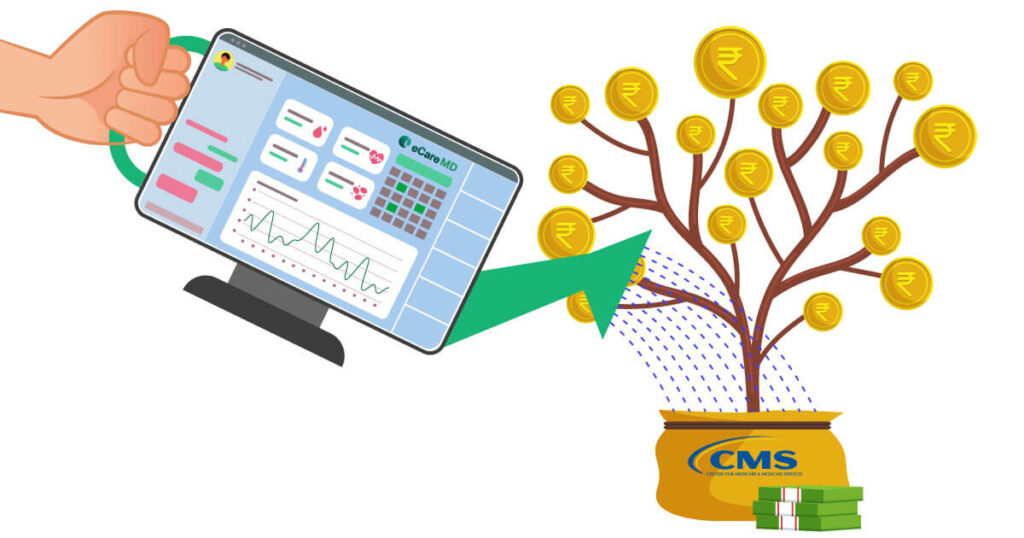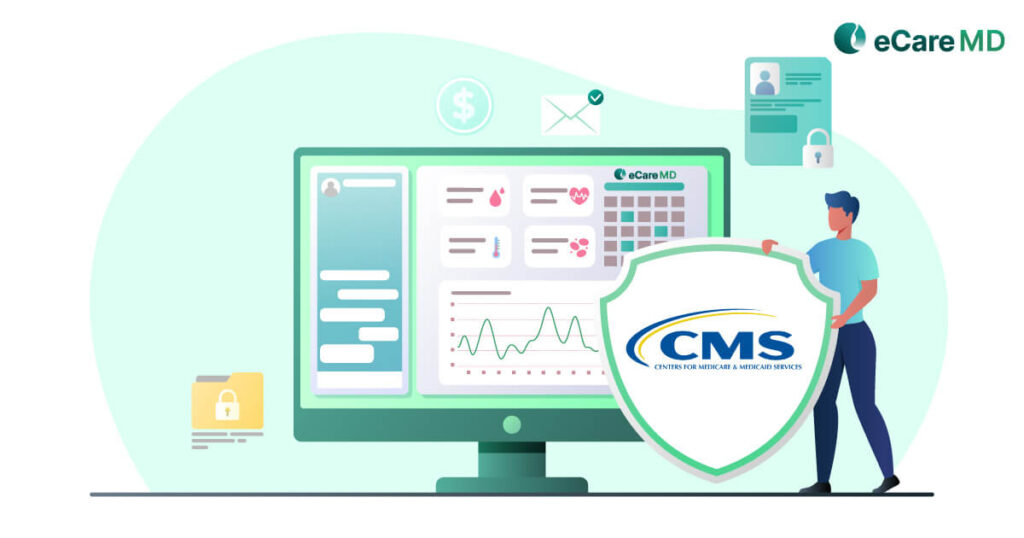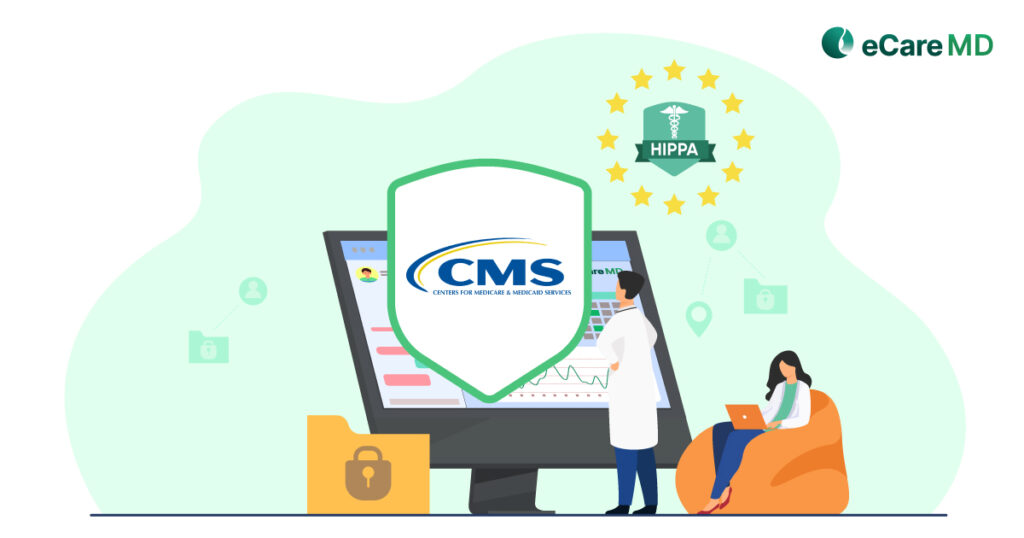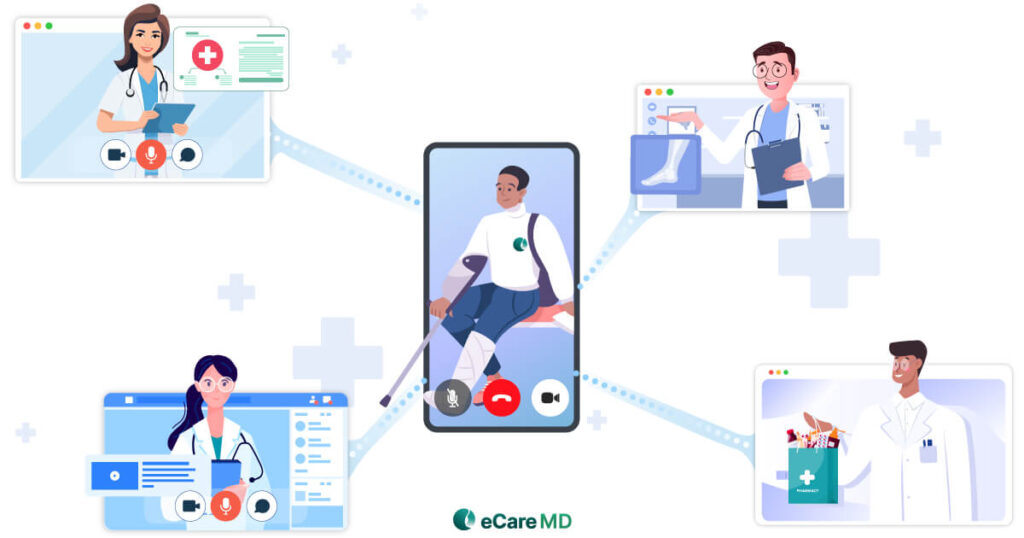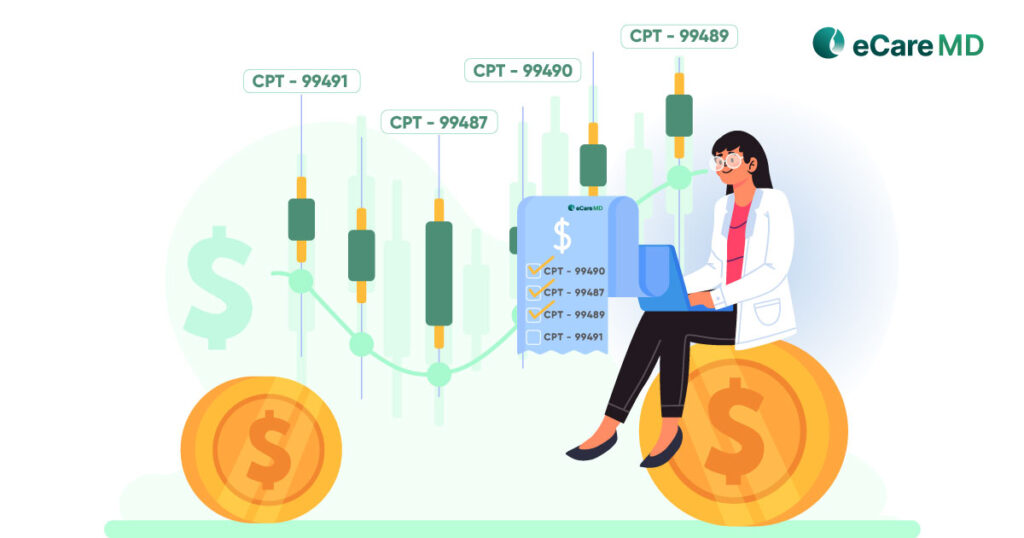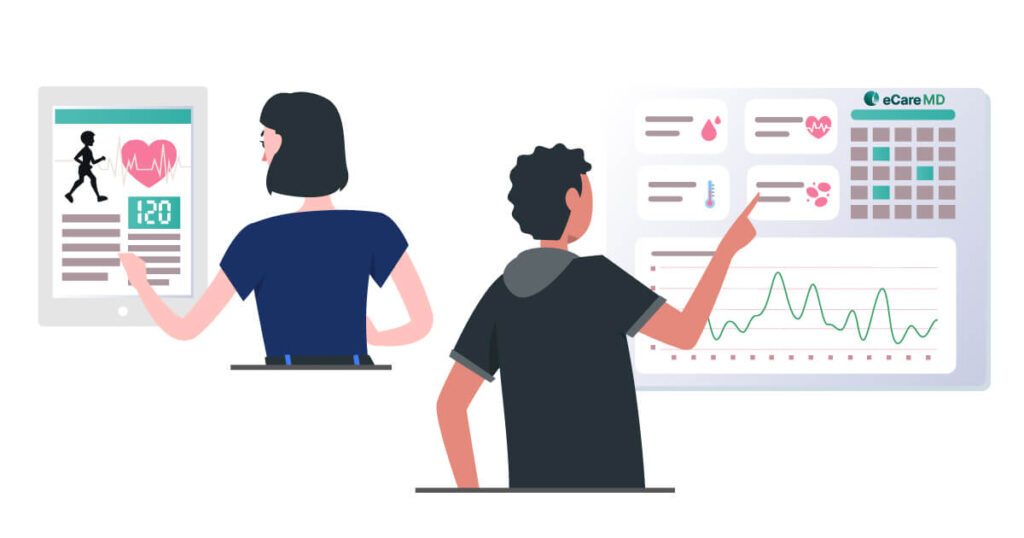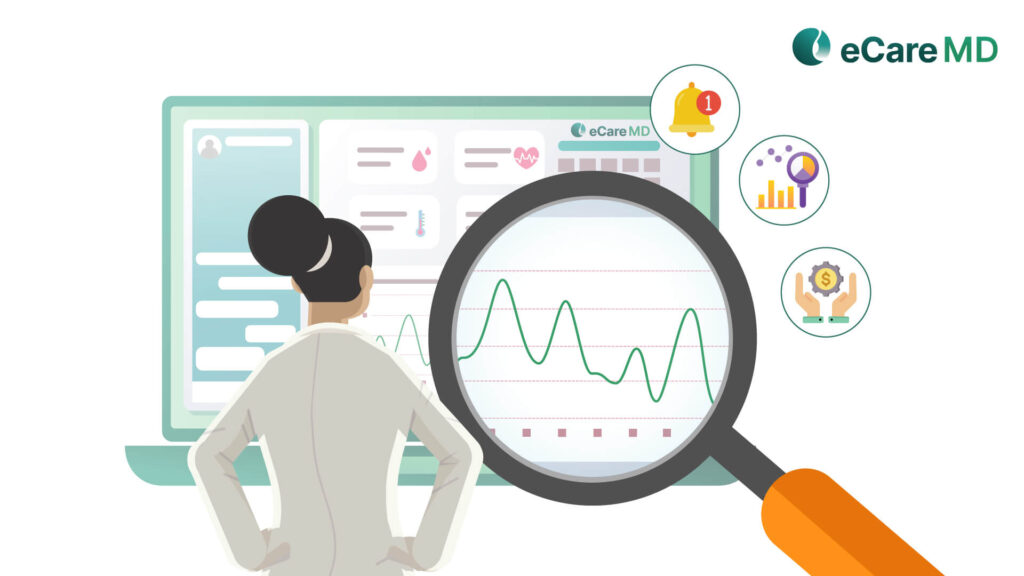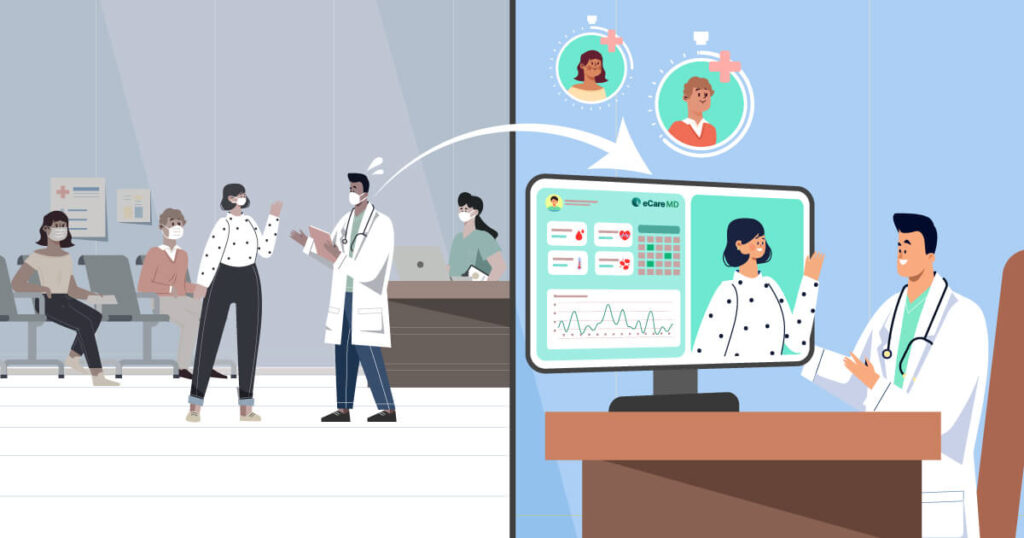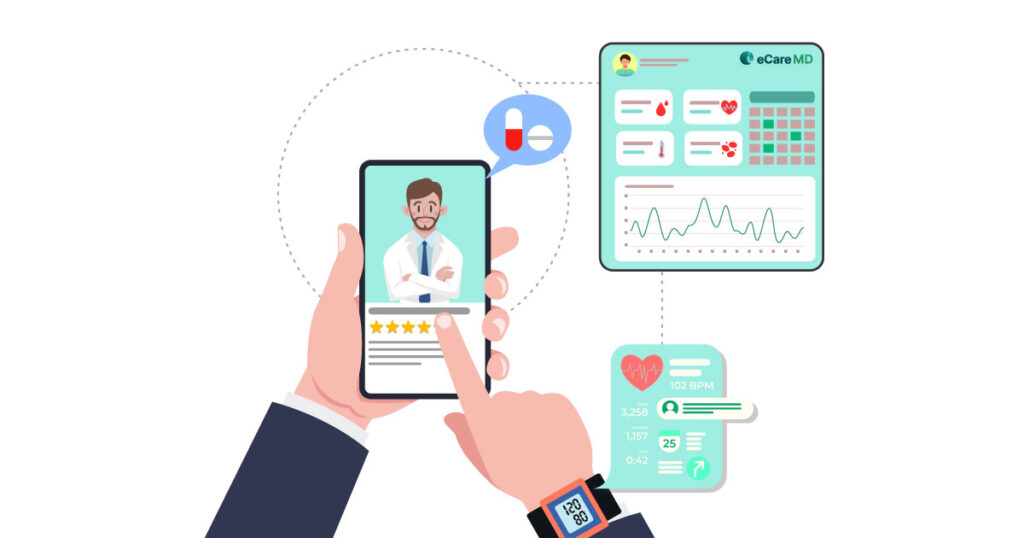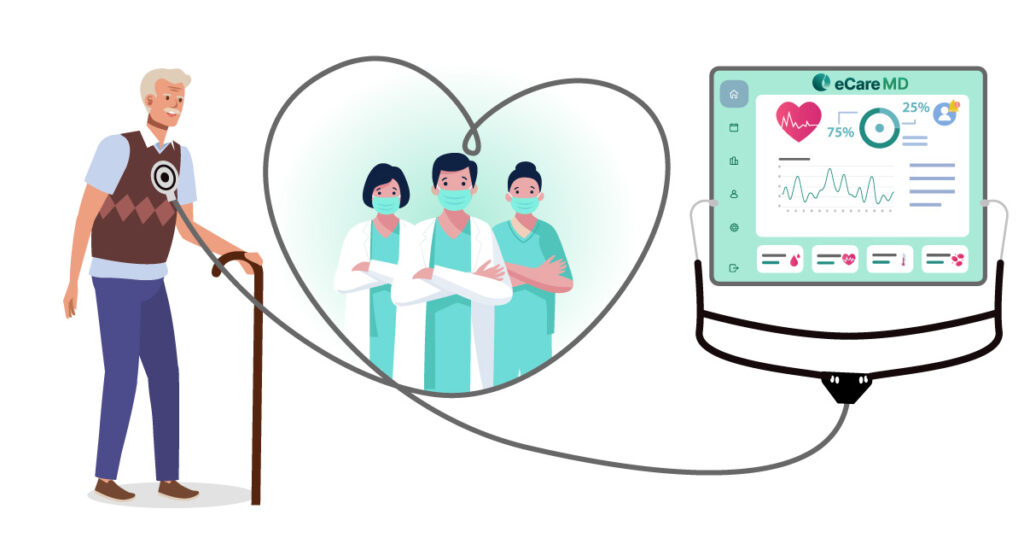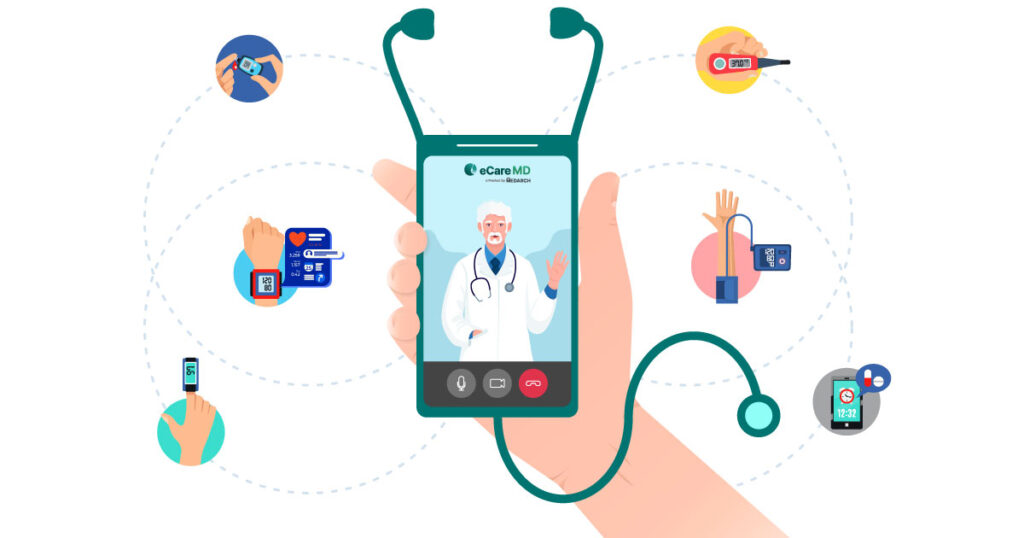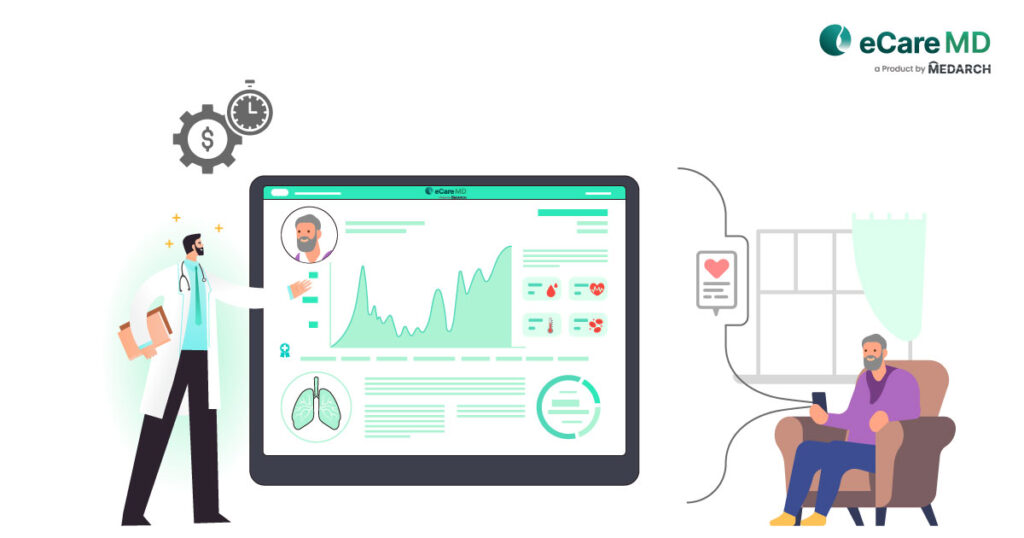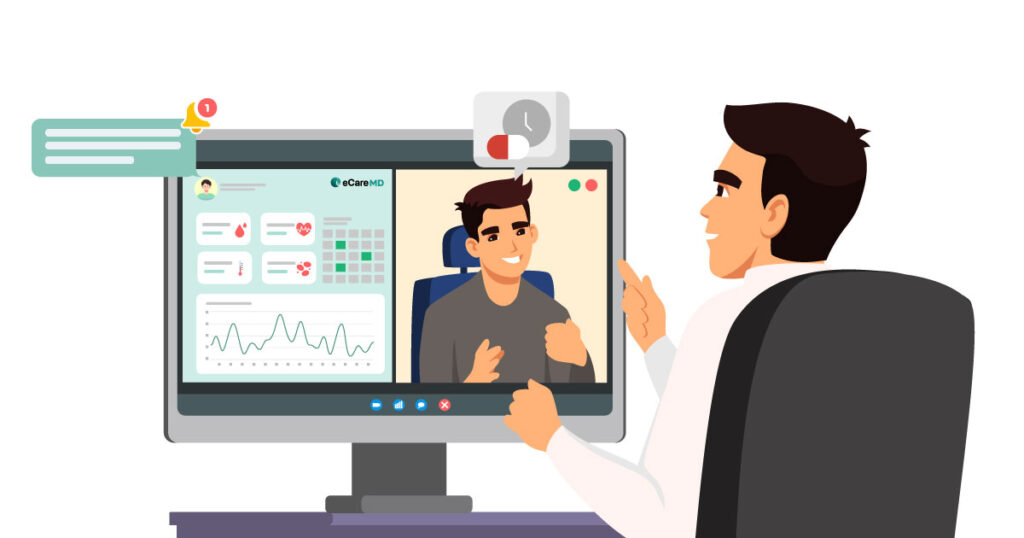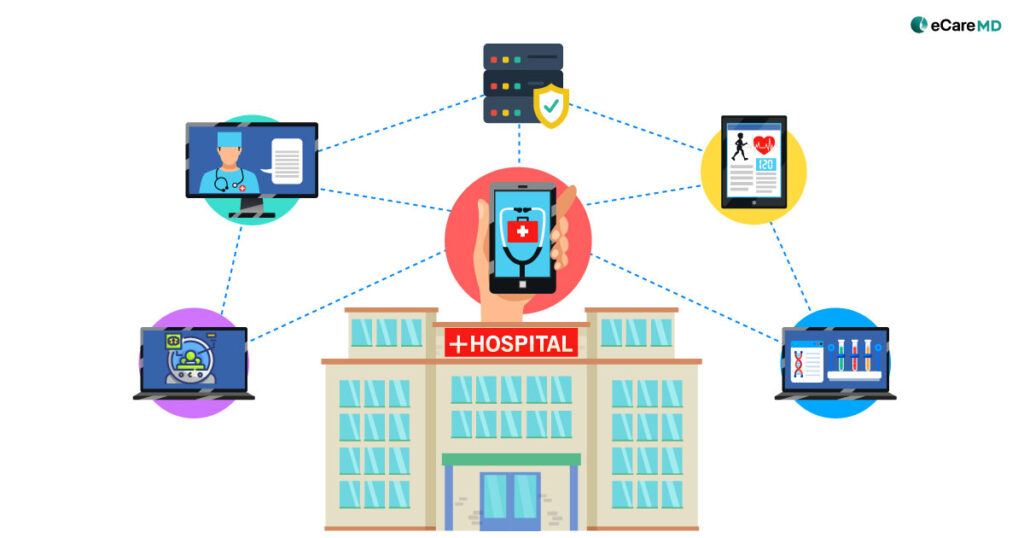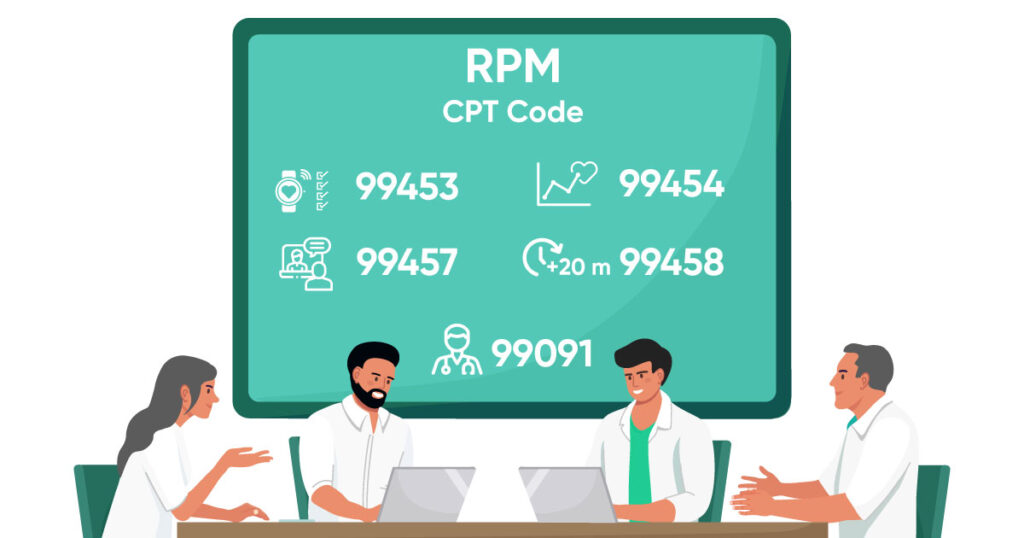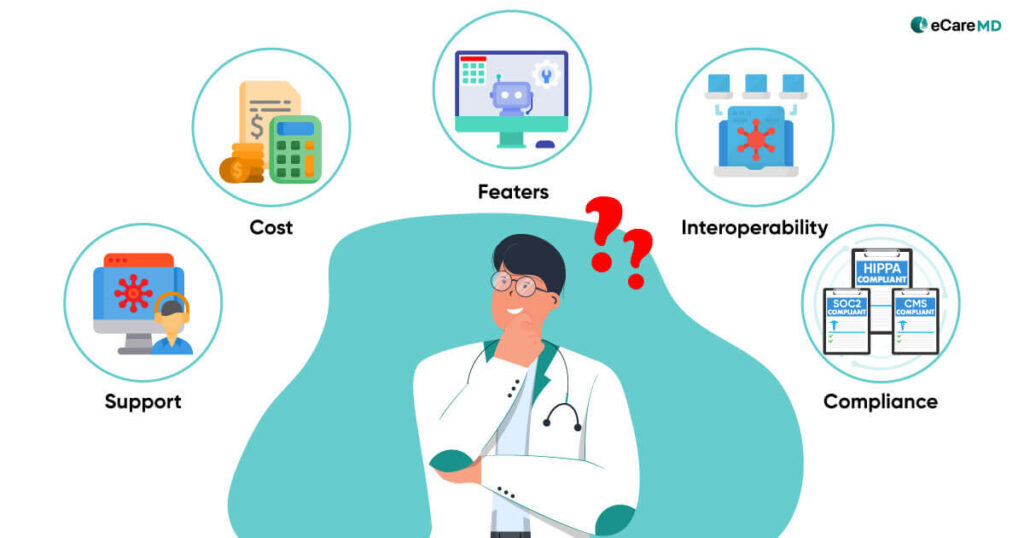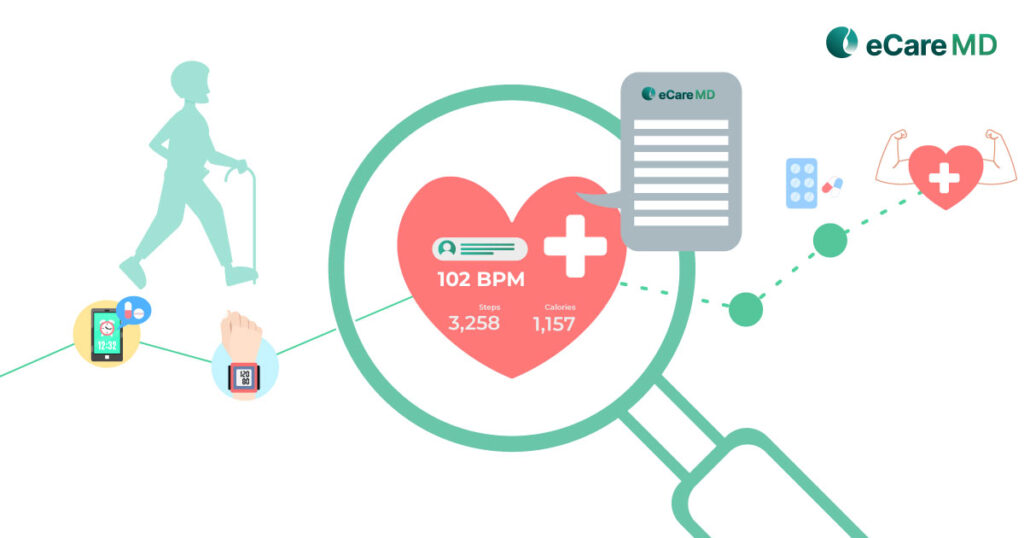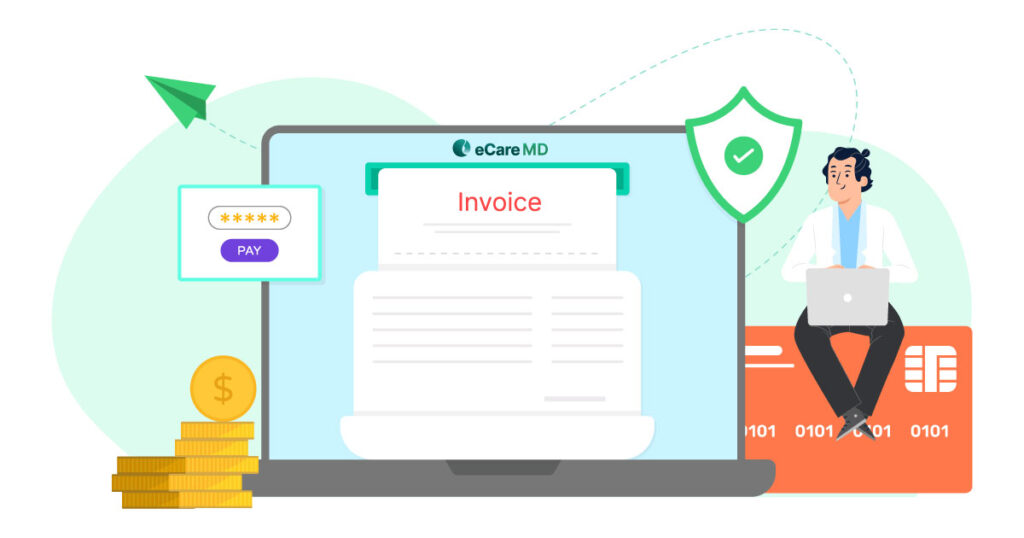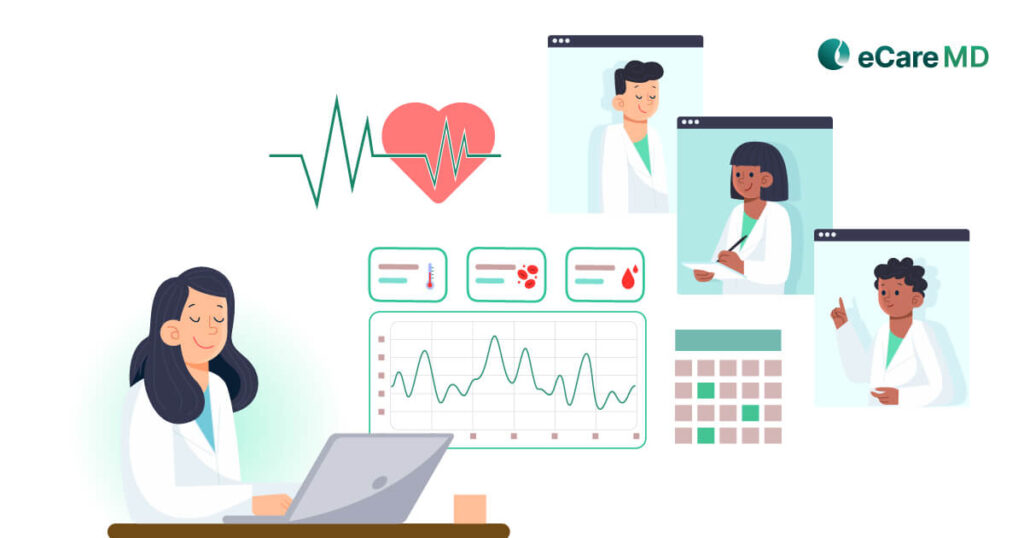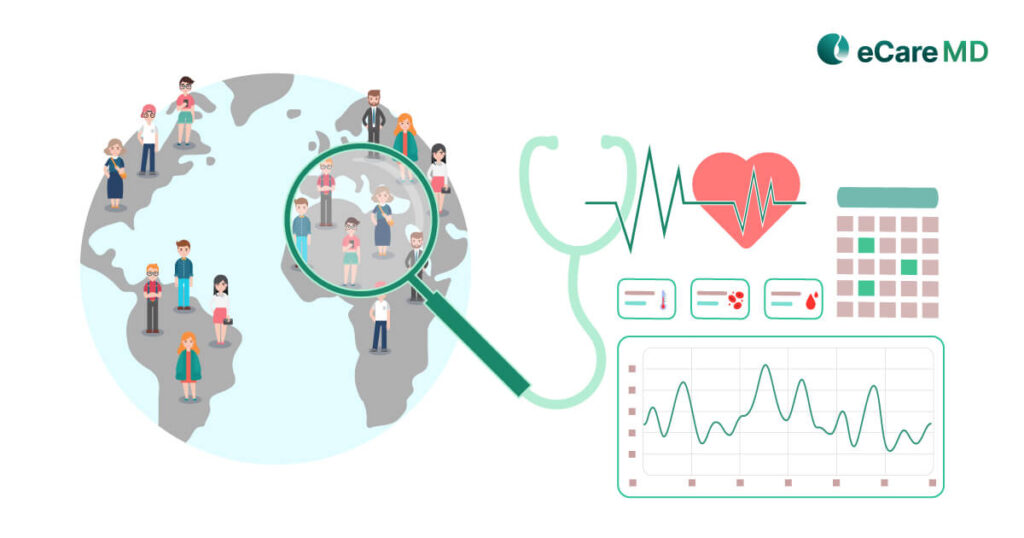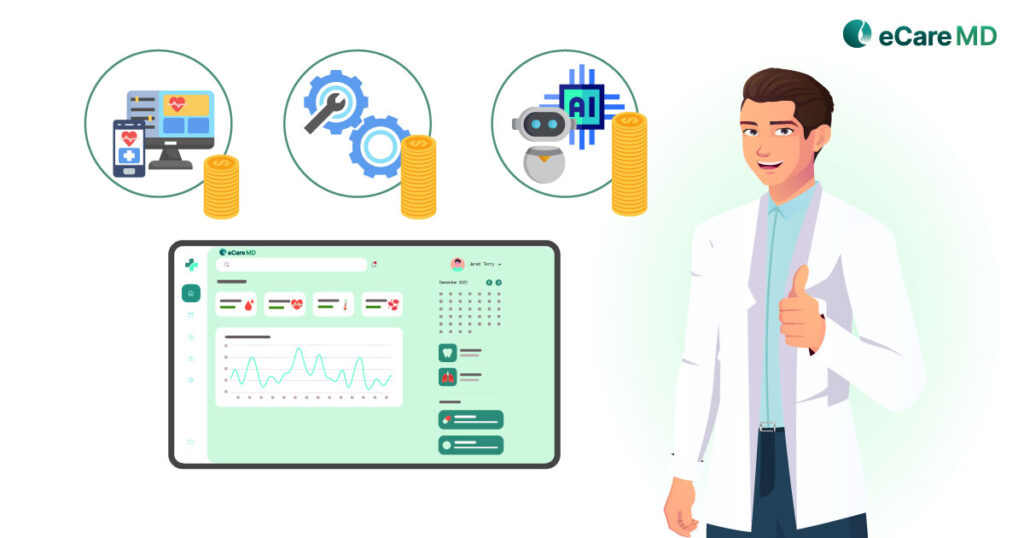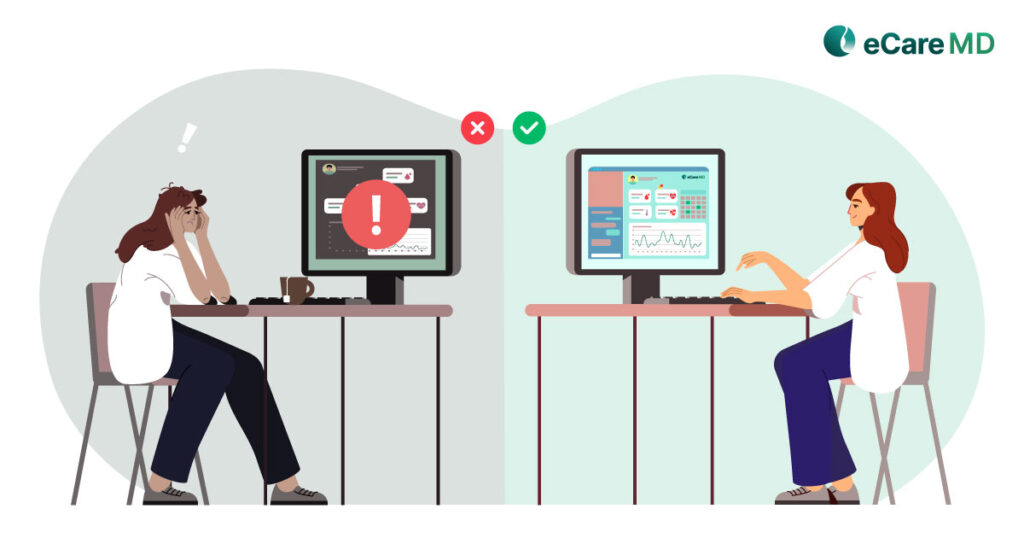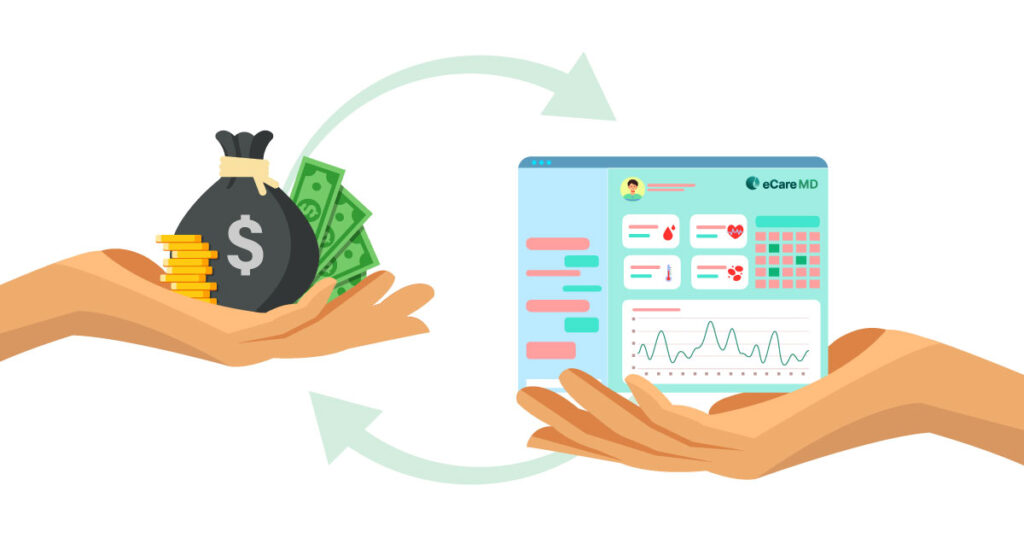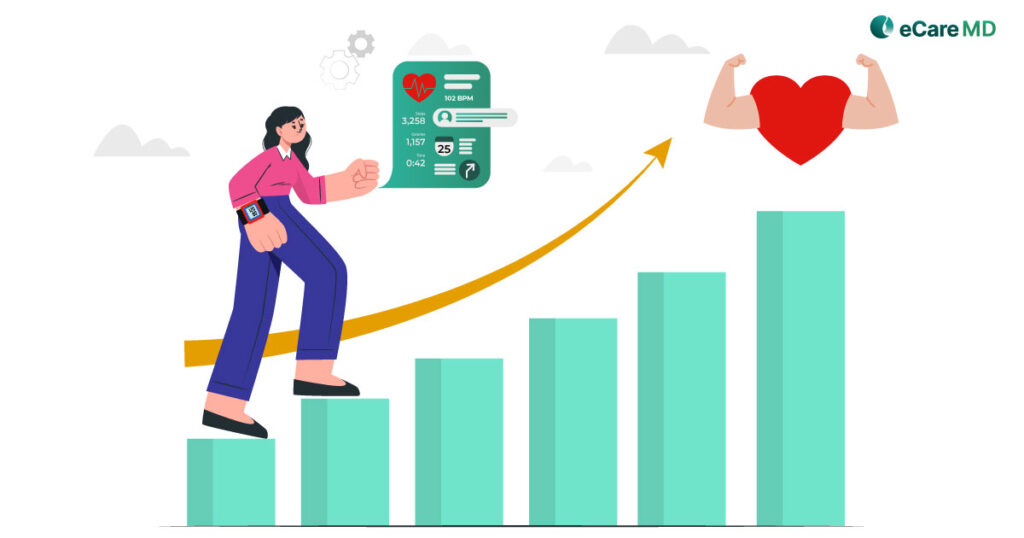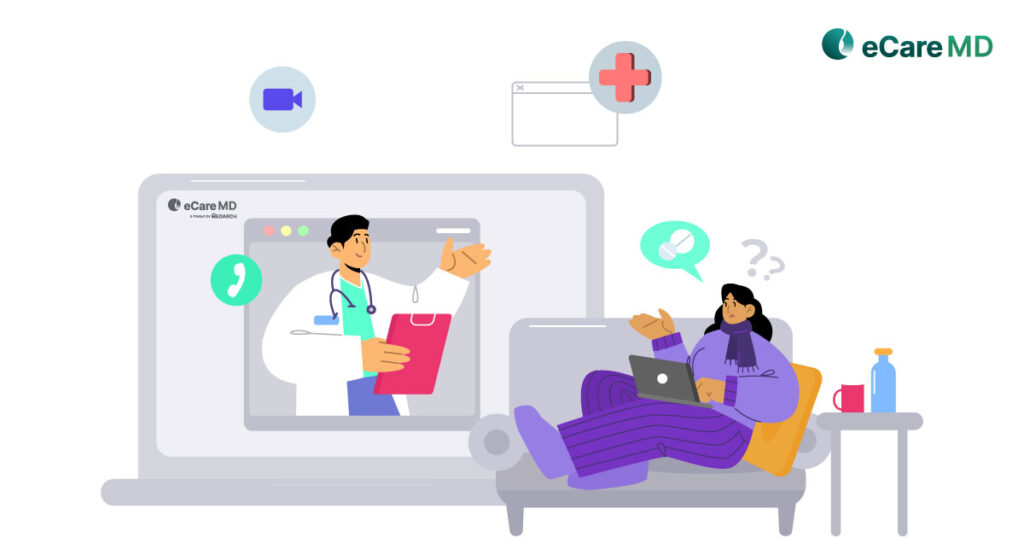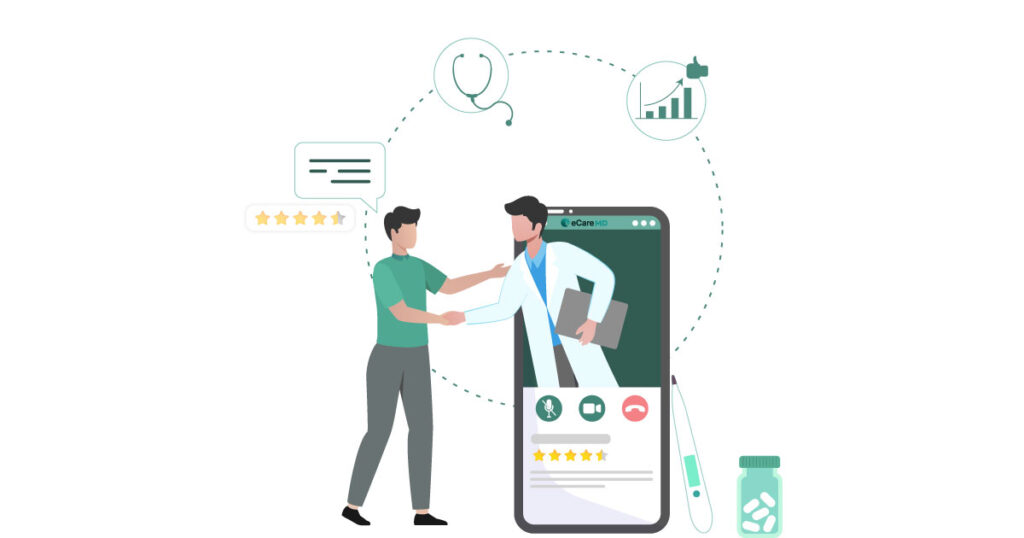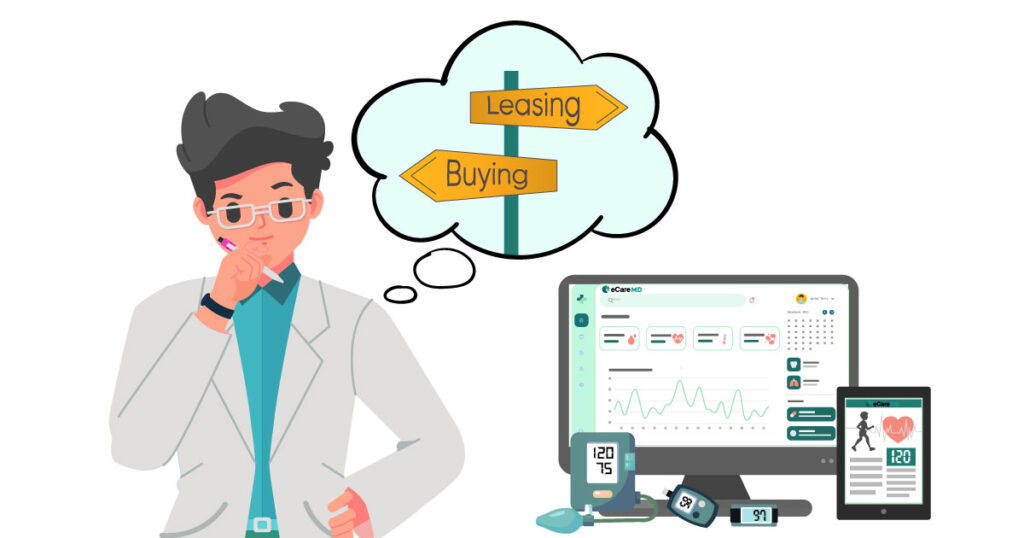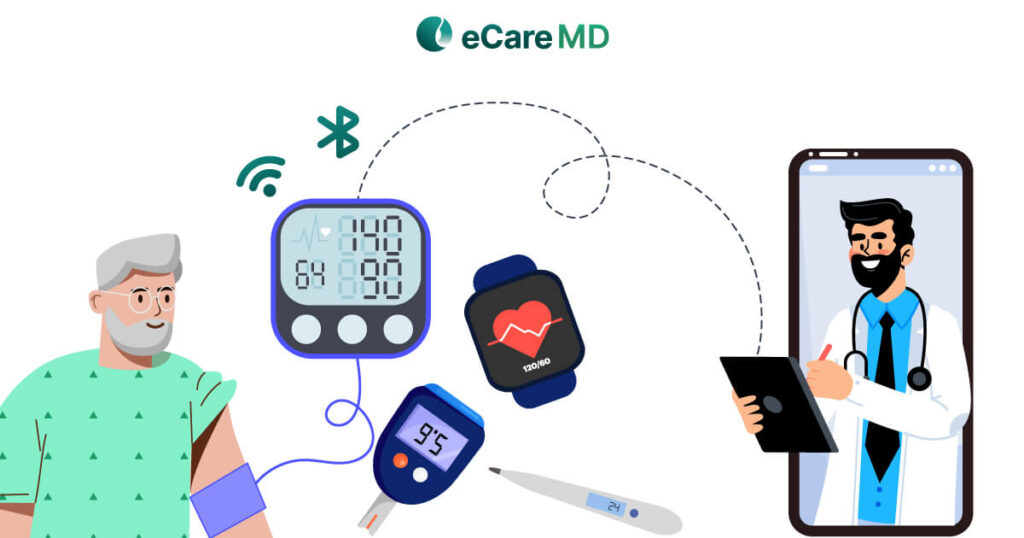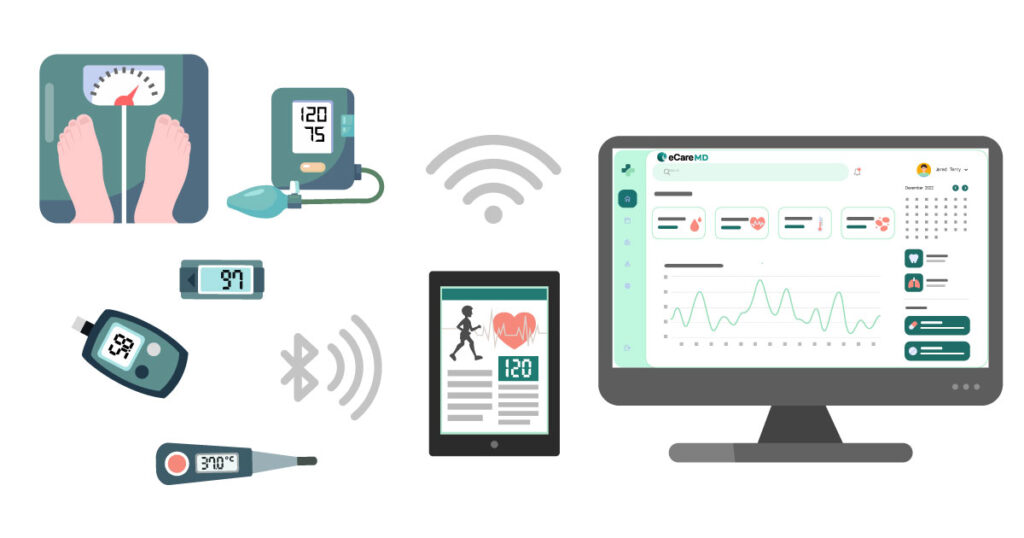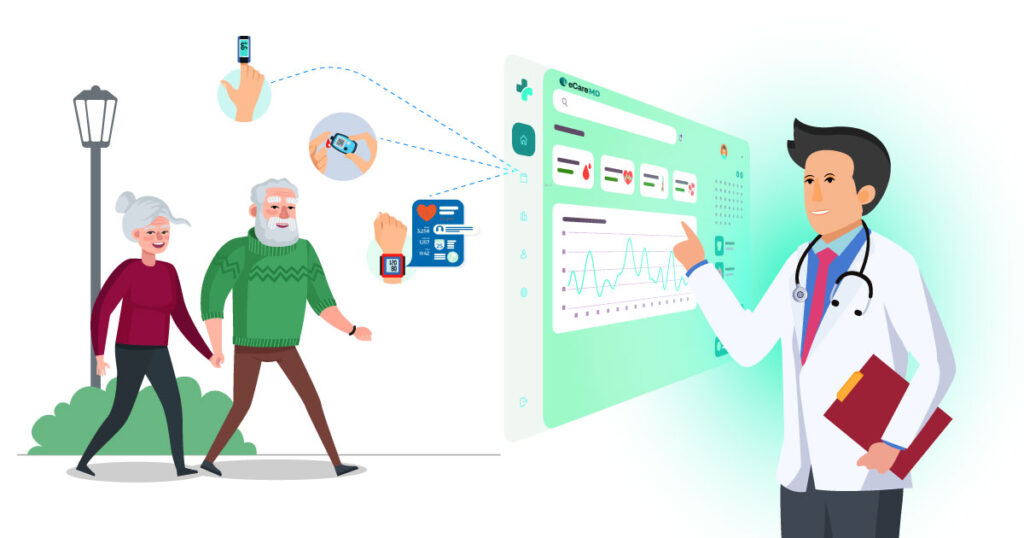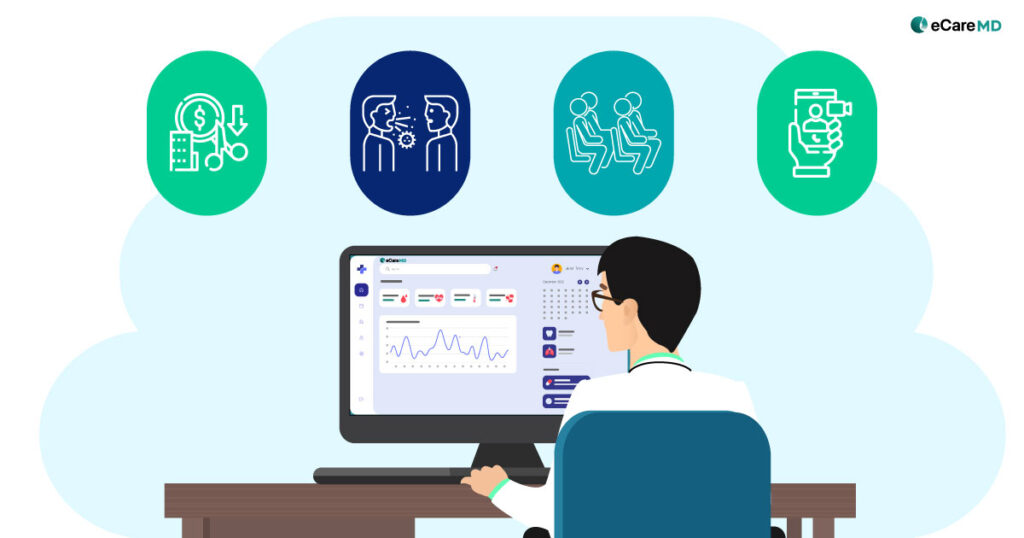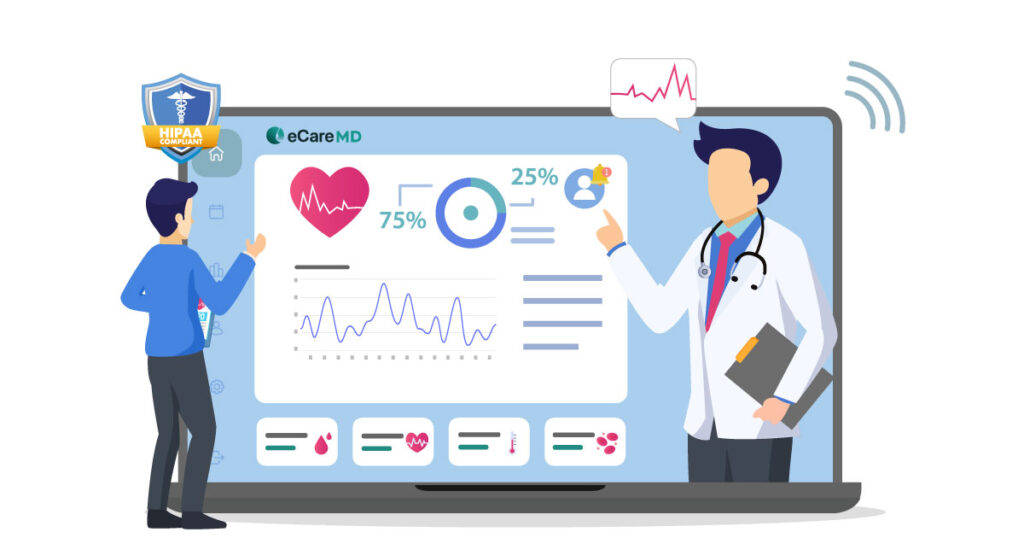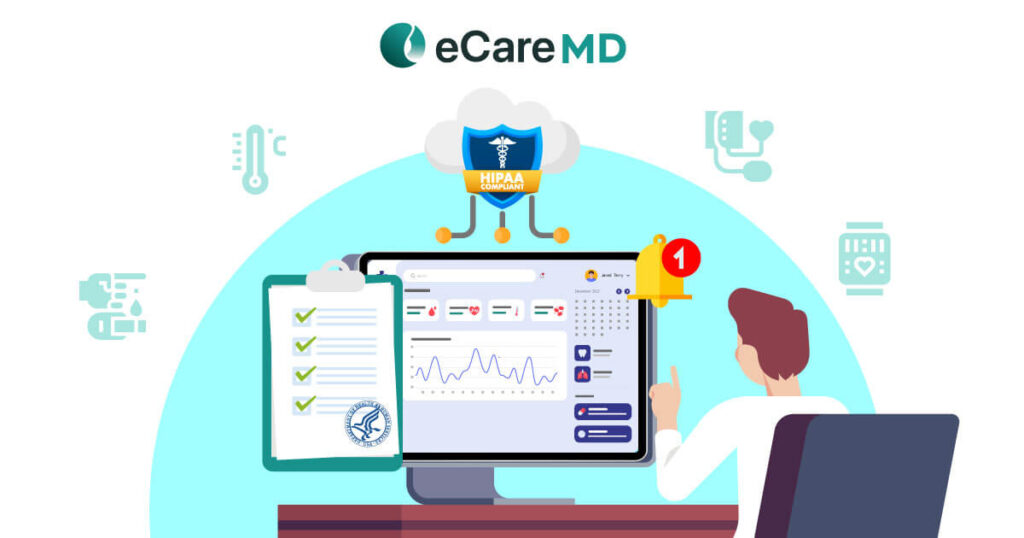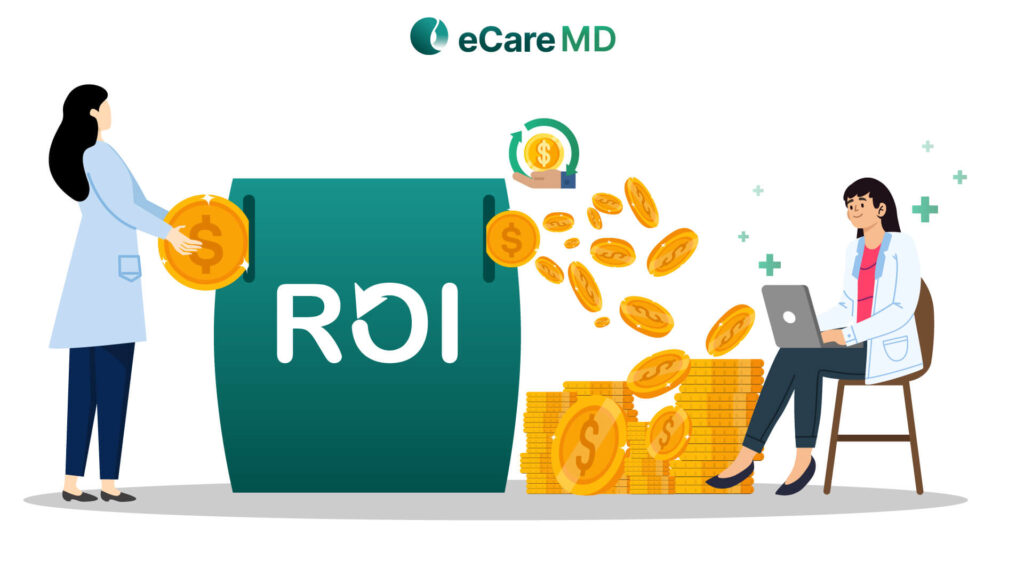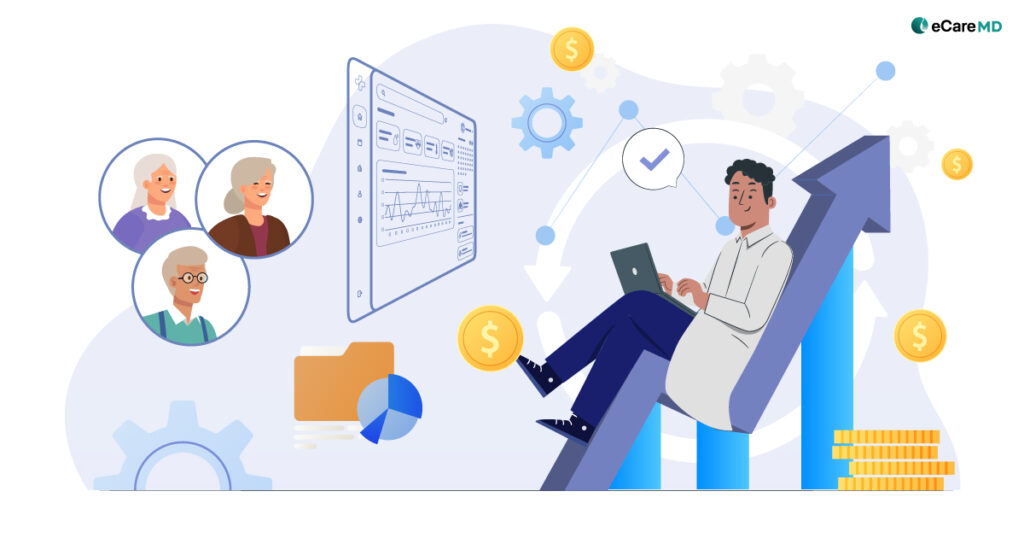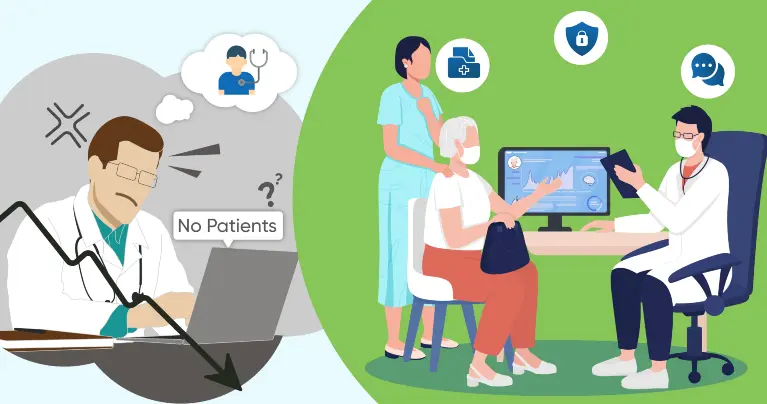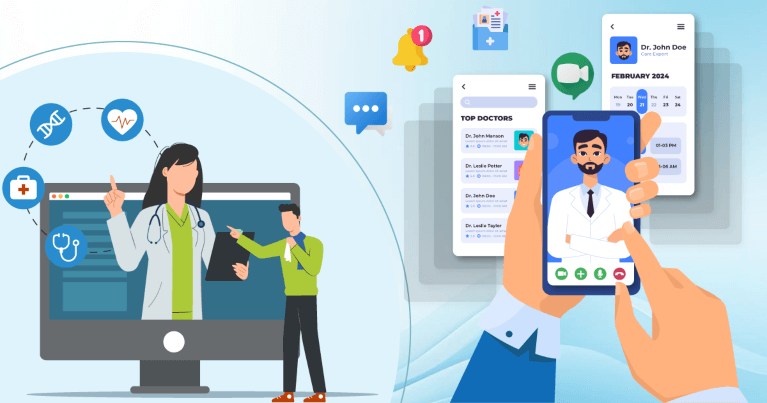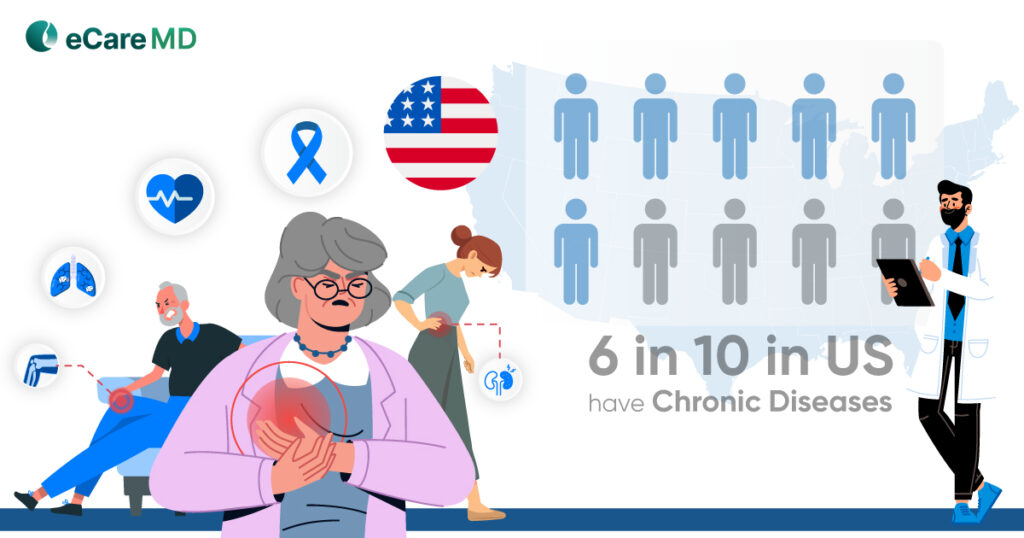The talk of ‘AI is the Future’ is clearly impacting everything! And the introduction of ChatGPT showed that the future is already here.
If you are a healthcare provider reading this in 2024, then you must be thinking about integrating AI into your CCM software. But the question, ‘What role will it play?’ must be keeping you skeptical.
In this blog, we will see the role of AI in chronic care management software and how it can create a win-win situation for everyone!
Download Free eBook - Creating a Win-Win Situation in Healthcare with AI and CCM Software
Download nowThe Chronic Care Challenge - The Need for Artificial Intelligence
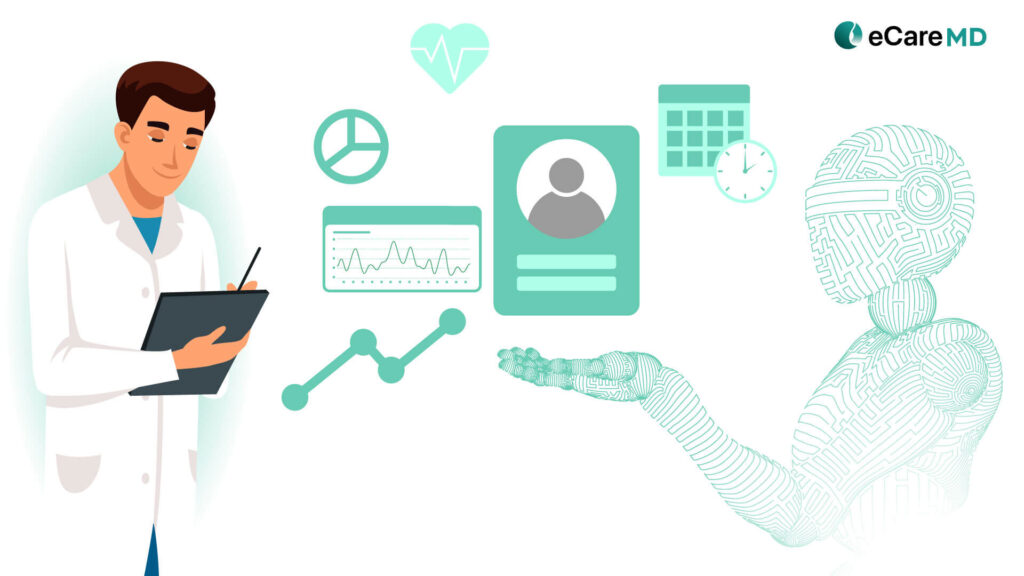
The Impact of Chronic Care Management Software
Starting with the basics, chronic care management software, better known as CCM software, has revolutionized healthcare practices. From reducing the burden to cost, it has touched every vital part of chronic disease management.
Today, healthcare providers are using CCM software to remotely monitor chronically ill patients and manage their data while adding a human touch to healthcare delivery. To give you just an example of how it has impacted healthcare delivery, according to the Journal of Medical Internet Research, the CCM software has helped reduce hospital readmission for heart diseases by 5%.
Well, to understand that, let’s first understand AI in healthcare.
Understanding Artificial Intelligence in Healthcare
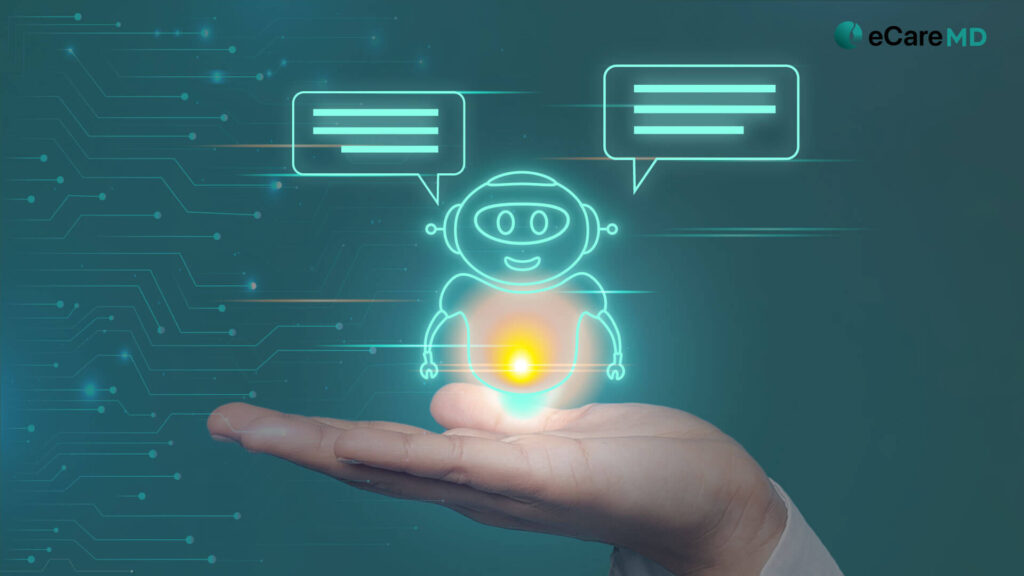
Key Applications of AI in Chronic Care Management Software
Predictive Analytics and Insights in CCM
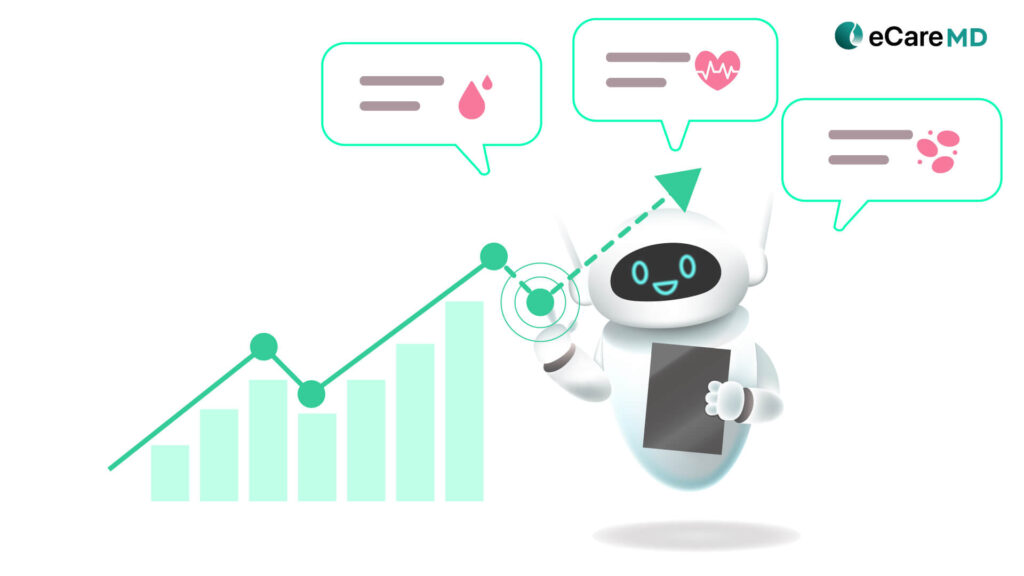
Personalized Treatment Plans
Remote Patient Monitoring
Natural Language Processing (NLP)

Automation of Administrative Tasks
Did you know physicians spend around 35% of their time documenting patient data? Now, imagine the time spent completing the routine tasks in the administrative process. It would probably take half of their time. However, using AI, many of the routine administrative processes like data collecting, management, appointment scheduling, pointers marketing, etc., can be easily automated.
Top 5 Ways AI Can Improve Your Chronic Care Management
Benefits of Integrating AI into Chronic Care Management Software
Improved Efficiency and Accuracy
Enhanced Predictive and Preventive Care
Cost-effective Healthcare Delivery
The integration of AI in chronic care management software can assist providers in preventive care and enhance remote monitoring. Along with that, the crucial insights gathered using AI can help providers in better utilization of resources and optimize them for better use.
Challenges and Considerations
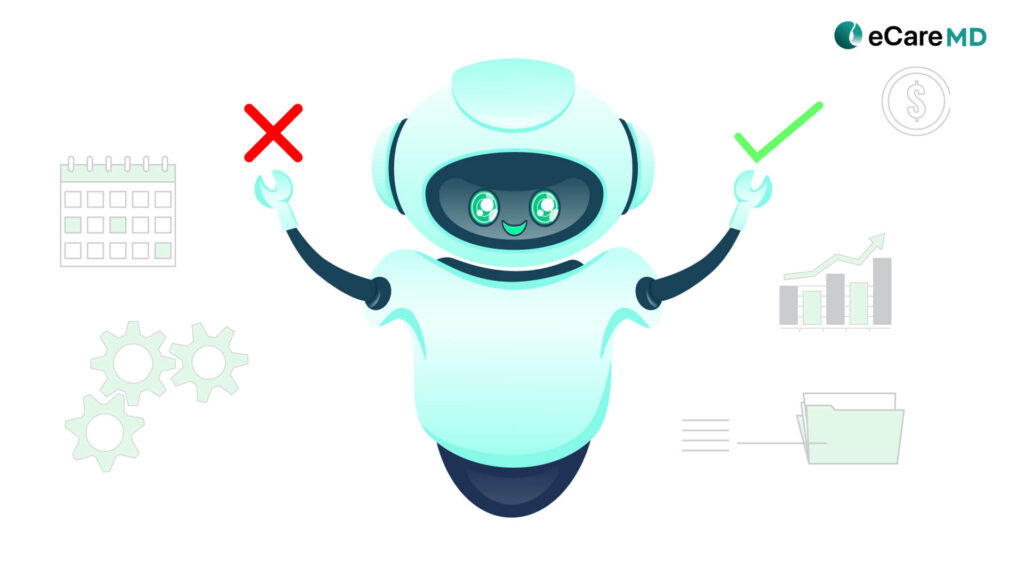
As lucrative and appealing as the AI applications in chronic care management software might sound, there are certain challenges and considerations that need to be addressed. While the world is arguing about the ethical practices of AI in healthcare, it is important for you as a healthcare provider to consider these challenges to overcome to maintain the integrity of your practice.
- Data Challenges: To train the AI algorithm for appropriate use, it is important to train the models with quality and complete data. Incomplete data with a lack of data standards can lead to unreliable results and potentially harm patients.
- Ethical Challenges: There is a high chance that AI can perpetuate and implement the biases that already exist in the data. That is why it is important to train these models on quality data.
- Acceptance: Healthcare providers might hesitate to accept AI for clinical decisions. Appropriate training can be an effective way to increase acceptance.
- Cost: AI is comparatively new, and its implementation and maintenance can be a costly affair for CCM software. It has a possibility of creating disparities in access to such technology.
Conclusion
To sum up this entire blog post in simple words, the role of AI-powered CCM software can change the nature of providing care from reactive to proactive. It can enhance the practice by automating repetitive tasks, enhancing the accuracy in patient monitoring, reducing the margin of error in data entry, and allowing you to focus more on patients rather than on the process.
However, quality data and ethical considerations are some of the challenges that you must overcome carefully. Having said that, AI-powered CCM software can change the face of chronic care management and help you improve the lives of chronically ill patients.
Download Free eBook - Creating a Win-Win Situation in Healthcare with AI and CCM Software
Download nowFrequently Asked Question’s
Some of the features of AI in chronic care management software that can enhance healthcare delivery are:
- Predictive Analytics
- Personalized Care Plan Suggestions
- Diagnosis Recommendations
- Chatbots and Virtual Assistant
- Natural Language Processing

